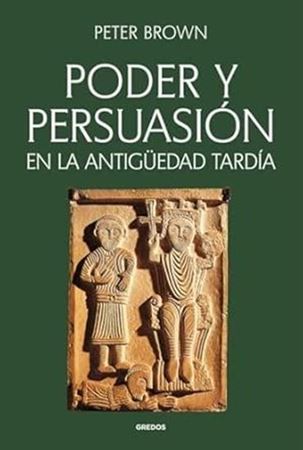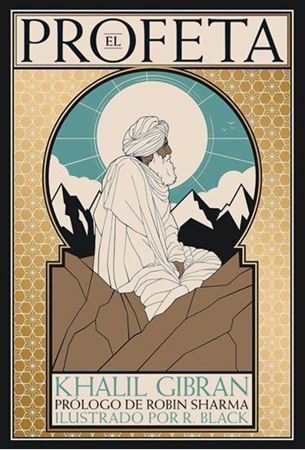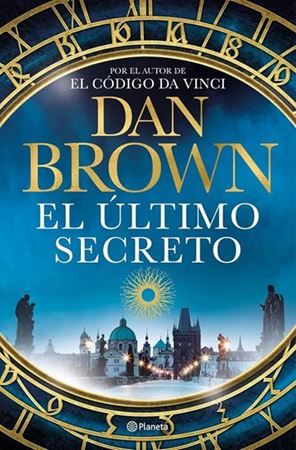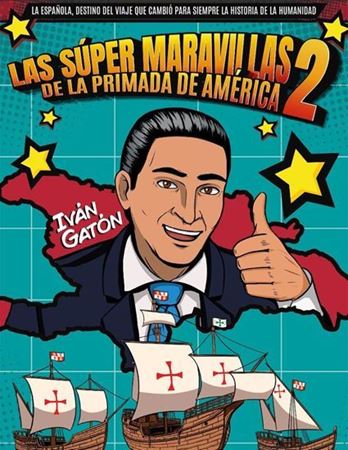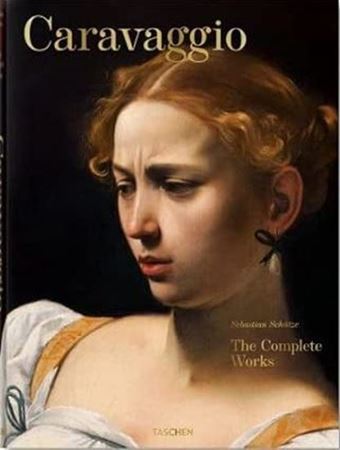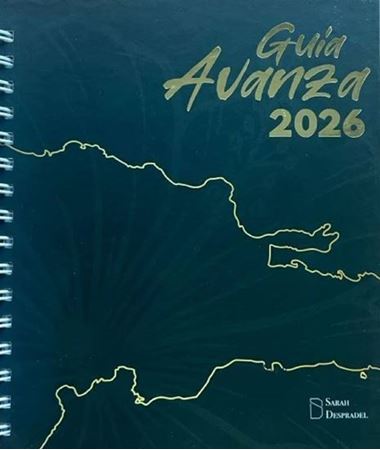

NOVEDADES
9 HABITOS JAPONESES QUE CAMBIARAN
Japón, el país más industrializado de Asia y una de las economías más destacadas del mundo, es reconocido como una superpotencia global. Además, los japoneses tienen uno de los índices de longevidad más altos y su sistema educativo es un modelo internacional. ¿Cómo pudieron lograr todo esto en tan sólo cincuenta años, después de haber quedado destruidos tras la Segunda Guerra Mundial? ¿Cómo lo hicieron sin contar con grandes cantidades de recursos naturales? ¿Por qué siempre tienen éxito en todo lo que emprenden?
Este libro te comparte nueve hábitos que los japoneses se han transmitido de generación en generación hasta perfeccionarlos, y que son la base de su estructura económica, educativa y cultural. Descubre valores como la disciplina, la resiliencia, la lealtad, la limpieza y el ahorro, y practícalos para mejorar todos los aspectos de tu vida.
1,250
1,000
99 COSAS PARA DIBUJAR MIENTRAS ESTAS
Porque imaginarlo no es suficiente, ¡hay que dibujarlo!
Basta de los días tediosos y grises. Toma el lápiz y dale rienda suelta a tu imaginación. Con estas 99 cosas para dibujar emprenderás un viaje para despertar aquella parte creativa que creías olvidada. ¡No lo pienses más! Sin importar si eres principiante o todo un experto, cada actividad está pensada para el artista que todos tenemos dentro. Las líneas, el trazo, los patrones y la experiencia del dibujo en papel son una gran combinación al alcance de tus manos.
800
640
A COPYCAT CONUNDRUM (THE MISFITS 2)
Oof! After solving the case of the Royal Rumpus, Olive Cobin Zang and her elite team of underdogs are on top of the world. As the awkward, crime-fighting Misfits, they’re acing every mission thrown at them from NOCK (aka No One Can Know, the covert agency they work for).
But when their classmate Zeke starts receiving threatening notes, the Misfits are stumped. They’re no strangers to danger, but this case is a total head-scratcher. Who would target kind, friendly Zeke . . . unless he’s not what he seems to be?
At the same time, unusual earthquakes start shaking up San Francisco just as priceless art goes missing, and the Misfits are called to investigate. Is it a coincidence that the city is under attack while Zeke is getting mysterious messages? Or is it all just a cover for a scheme bigger than any they’ve faced before?
1,100
880


